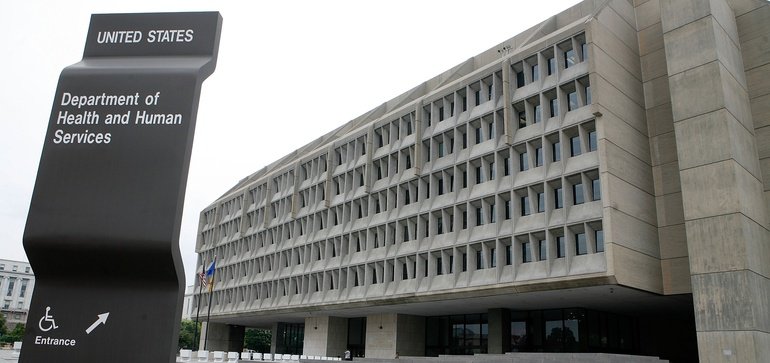
Dive Brief:
- The Trusted Exchange Framework and Common Agreement, the federal government’s nationwide on-ramp to interoperability, will go live in early 2022, the Biden administration said Tuesday.
- TEFCA, a provision of the 21st Century Cures Act, is meant to advance the secure exchange of electronic health information and other data among health information networks, and has been in a holding pattern since the Trump administration released a first draft three years ago.
- Over the remainder of this year, the Office of the National Coordinator for Health IT plans to take in additional public feedback and use that to finalize the first iteration of the Common Agreement, a contract creating basic legal and technical requirements for fostering network-to-network connectivity, and the technical framework for HINs to become qualified under the new system, before releasing them in the first quarter next year, Micky Tripathi, head of ONC, said in a blog post.
Dive Insight:
The interoperability of medical records has slowly increased in recent years amid stronger federal incentives meant to facilitate data sharing. Across the country, networks facilitate the exchange of millions of clinical documents every day, while state and regional health information exchanges provide interoperability services.
But significant gaps remain in that system, gaps that have had a harsh spotlight thrown on them by the coronavirus pandemic, Tripathi wrote in the Tuesday post. Many HIEs only operate in local markets without a connection to other networks, while cross-network exchange still faces myriad issues.
According to ONC, almost half of U.S. hospitals participate in more than one such network, and have to deal with significantly higher administrative overhead and network fees as a result. That can contribute to physician burnout and be a stressor on finances.
TEFCA’s purpose is to create a floor of universal interoperability across the U.S. for these different networks to participate in, as mandated by the 21st Century Cures Act signed by President Barack Obama in 2016.
At its core, TEFCA is comprised of the Trusted Exchange Framework, a set of principles for facilitating trust between different health information networks (standardization and transparency, for example), and the Common Agreement, which establishes the infrastructure model and governing approach for users in different networks to share basic clinical information with one another.
In August 2019, ONC selected nonprofit Sequoia Project, a public-private partnership that advocates for nationwide health IT exchange, to serve as the recognized coordinating entity overseeing TEFCA’s implementation. As the RCE, the Sequoia Project oversees how different health information networks communicate, in exchange for roughly $ 1 million in federal funding each year.
The Sequoia Project also chooses and monitors Qualified Health Information Networks, networks that agree to the common terms and conditions of exchange as specified in the Common Agreement, and to the requirements for exchange, as specified in the QHIN Technical Framework (QTF).
Over the remainder of 2021, ONC and the Sequoia Project plan to hold public engagement webinars and workgroup sessions, and use that feedback to finalize the first iteration of the Common Agreement and QTF, before releasing them in the first quarter of 2022, according to the blog post.
Over the remainder of next year, health information networks will apply to become QHINs and — after being approved by the Sequoia Project on a rolling basis — will sign the Common Agreement and be onboarded before they begin to share data, ONC said.
The Common Agreement and QTF are living documents that will be updated periodically “as needed,” the blog post said.
Providers, payers and health IT vendors generally support the unifying idea behind TEFCA, much like they support HHS’ sweeping regulations promoting data sharing. But, in comments on the first draft in mid-2018, before a second iteration was released in April 2019, stakeholders aired concerns about administrative burden and buy-in, given the voluntary nature of TEFCA participation.
Many expressed concerns about how successful or widespread adoption of the standards and framework will be. Advisory board HITAC has floated various incentives to get industry on board, including requiring participation in the standards for participation in other federal programs like Medicare, Medicaid or Veteran Community Care; or the government taking an entity’s participation in TEFCA (or lack thereof) into consideration when determining whether or not the organization is guilty of information blocking.
